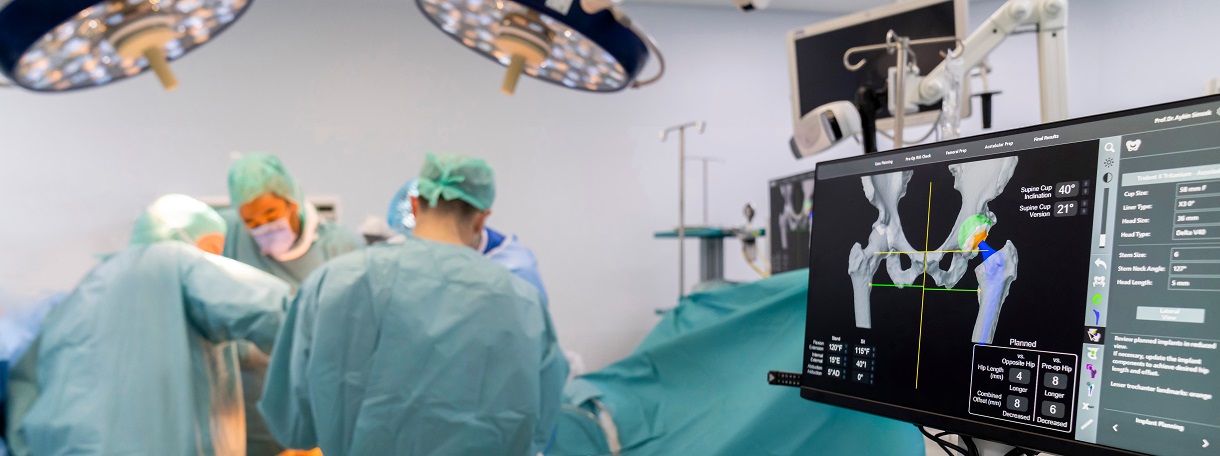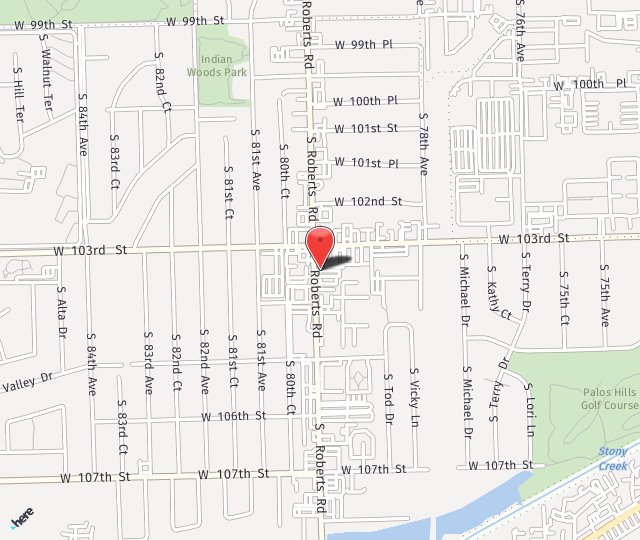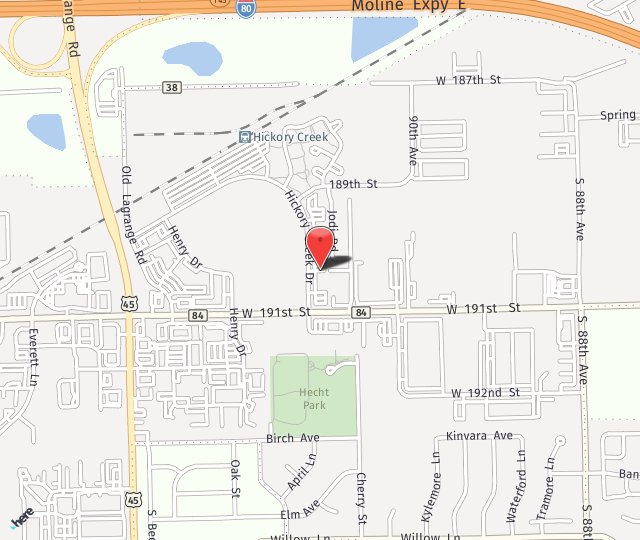Metal Sensitivity in Joint Replacement in Chicago
With convenient locations in Palos Hills and Mokena, IL
For people with metal sensitivity, joint replacements may cause trouble over time, potentially leading to implant failure. Fortunately, increased awareness about metal sensitivity and technological breakthroughs can dramatically reduce your risk of problems.
Fellowship-trained orthopedic surgeon Dr. Sarkis Bedikian understands the challenges posed by metal sensitivity for patients needing joint replacement in Palos Hills and Mokena, IL. He works hand-in-hand with you to ensure you get the best results while minimizing your risk of complications.

Understanding Orthopedic Metal Sensitivity
Metal sensitivity occurs when the immune system reacts to specific metals, such as nickel, cobalt, or chromium, triggering inflammation and discomfort. This can happen with orthopedic implants made from these metals, potentially leading to complications like implant failure or chronic pain.
About 10-15% of people have some form of metal sensitivity, though severity varies. Orthopedic implants that include high concentrations of reactive metals are more likely to cause issues in susceptible patients.
For patients planning joint replacement surgery, metal sensitivity can pose unique challenges. Choosing the right implant materials becomes critical. Advances in hypoallergenic and biocompatible implants have made effective solutions possible.
Signs of Metal Sensitivity in Orthopedic Implants
Some patients may discover they have metal sensitivity only after joint replacement. These signs may point to metal sensitivity.
- Rashes
- Swelling
- Joint pain
- Redness
Unlike post-surgical recovery pain, the signs of metal sensitivity can worsen over time. Metal sensitivity can lead to implant loosening, tissue damage, or joint instability if left untreated.
Causes and Risk Factors
The most common metals causing sensitivity include nickel, cobalt, and chromium. Genetics, environmental exposures, and prior reactions to jewelry or dental work may increase the likelihood of an allergic response to one of the metals in a joint replacement implant.
Diagnosing Metal Sensitivity
Pre-surgical testing is the most effective way to identify potential metal sensitivities and allergies. Testing sometimes involves exposing the body to small amounts of potential allergens through a band with discs. You'll typically have a skin reaction if you're sensitive or allergic to these metals. Metals tested for usually include those such as:
- Nickel
- Cobalt
- Chromium
- Titanium
- Molybdenum
- Aluminum
- Copper
- Bone cement
Another testing option is a lymphocyte transformation test, which checks the number of lymphocytes that appear in your blood over one week after exposure to potential allergens (your body's immune response.)
Treatment Options for Metal Sensitivity
For mild cases of metal sensitivity with existing implants, managing symptoms with anti-inflammatory medications or topical treatments may suffice. Severe reactions may require revision surgery to replace the implant with a hypoallergenic alternative.
If you have a metal sensitivity and are planning surgery, Dr. Bedikian can use your test results to choose the right implants for you and plan your surgery accordingly.
Hypoallergenic and Metal-Free Orthopedic Implants
Biocompatible materials, for example, ceramic, polymer, or titanium-coated implants, greatly reduce the risk of allergic reactions. These options offer the same durability and functionality as traditional implants.
Recovery and Long-Term Management
Patients recovering from metal-sensitive implant surgery should monitor for signs of discomfort and adhere to follow-up care. Regular check-ups ensure implant longevity and overall joint health.
Call Our Office
If you suspect you have a metal sensitivity, call Dr. Sarkis Bedikian's offices in Palos Hills or Mokena, IL, to explore safe and effective implant options tailored to your needs.



